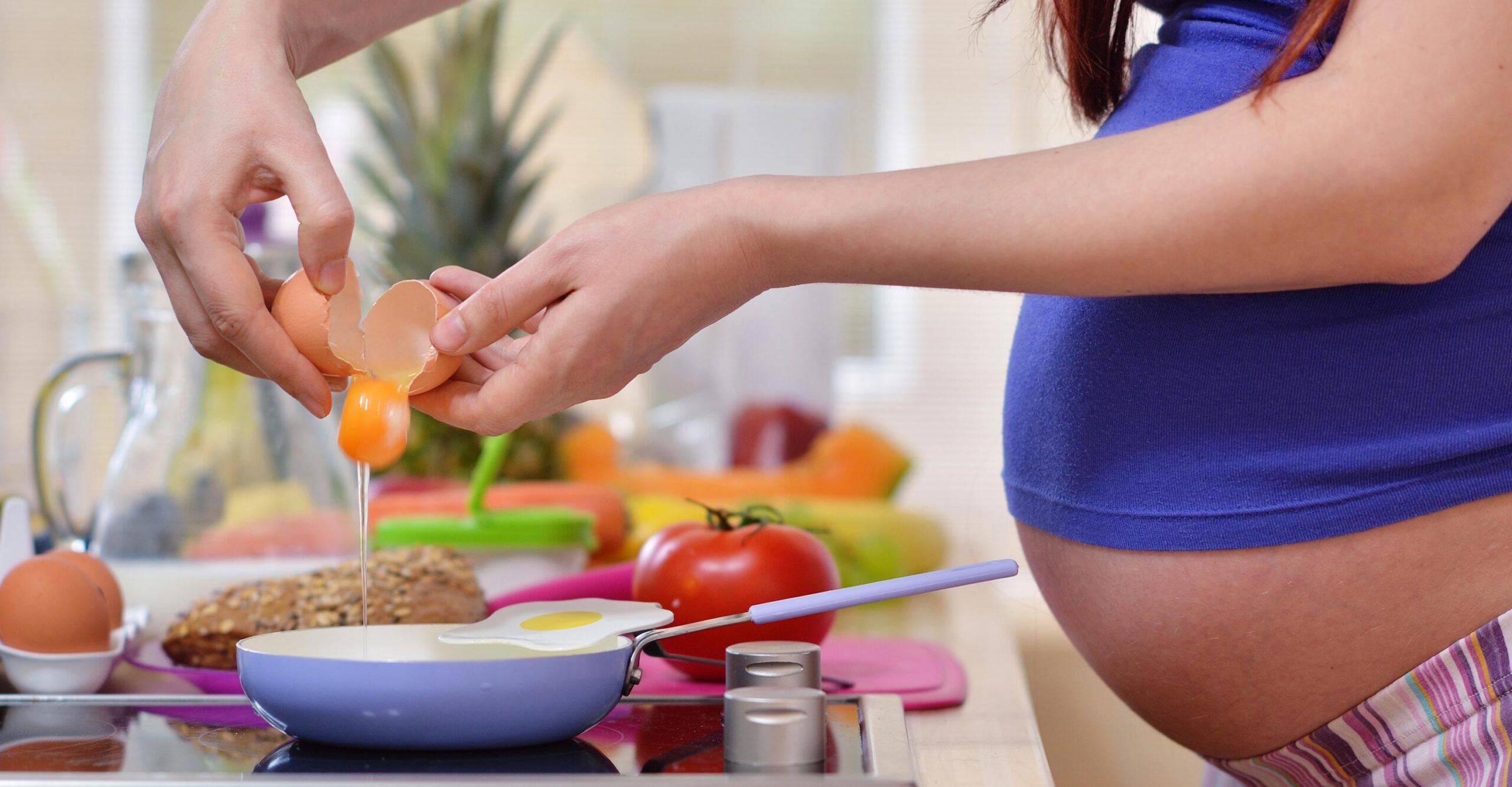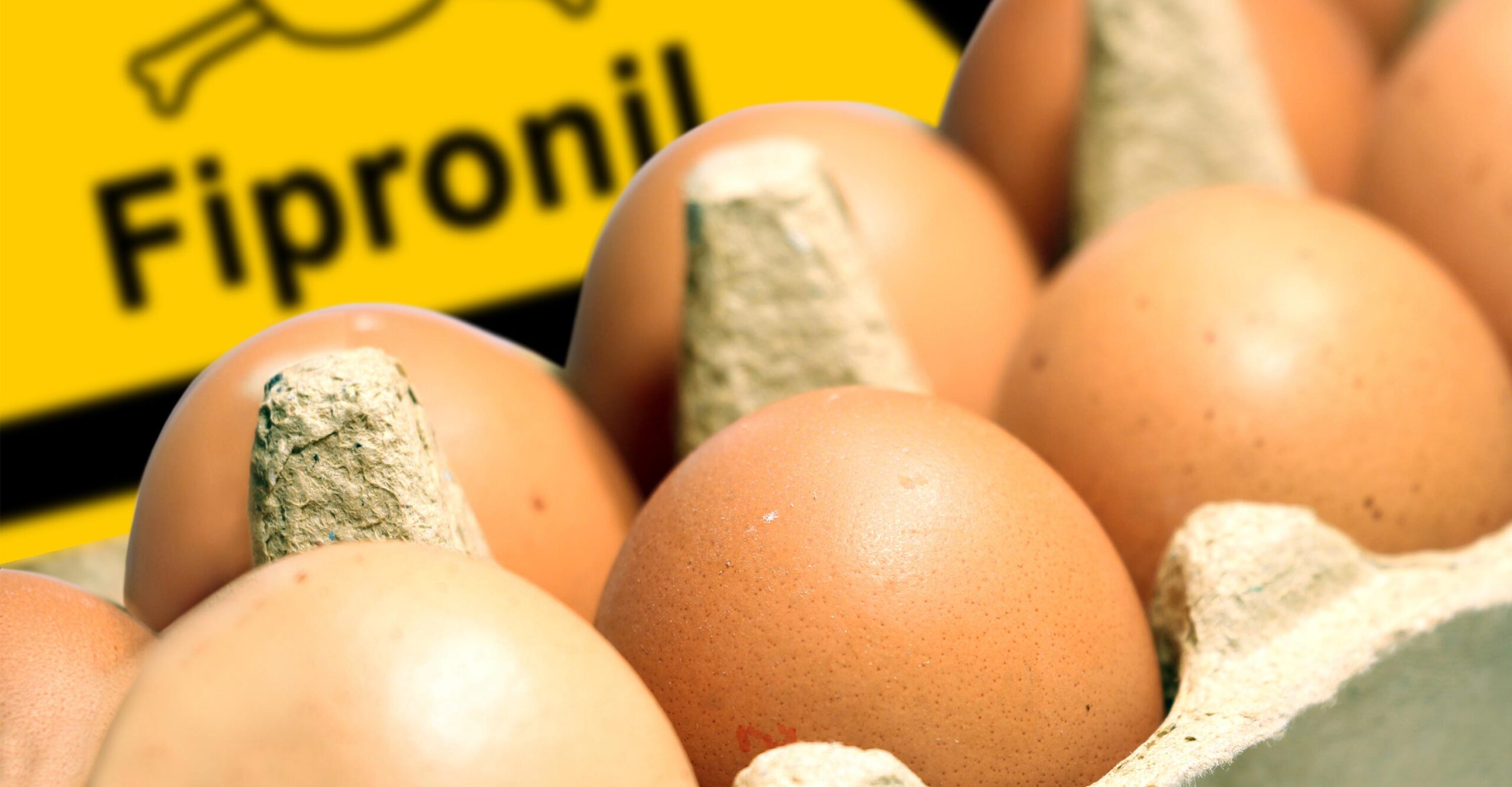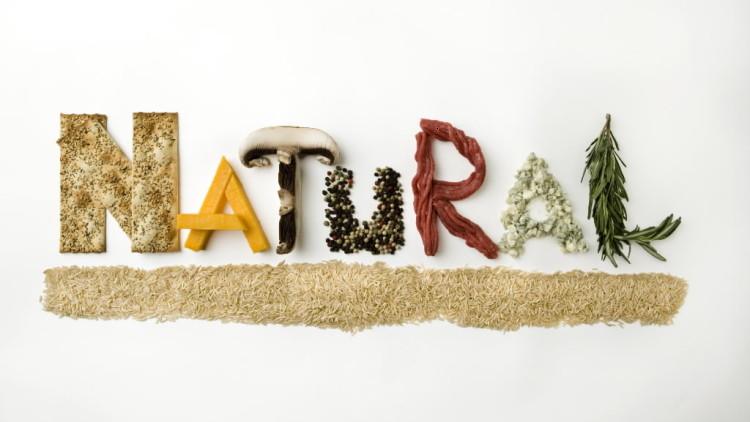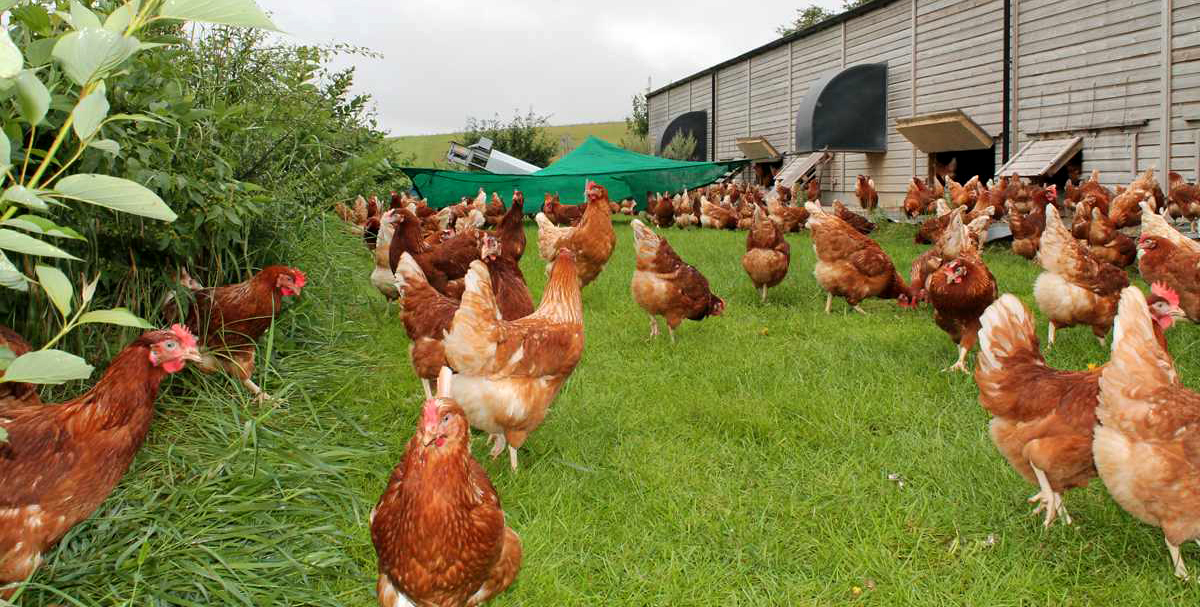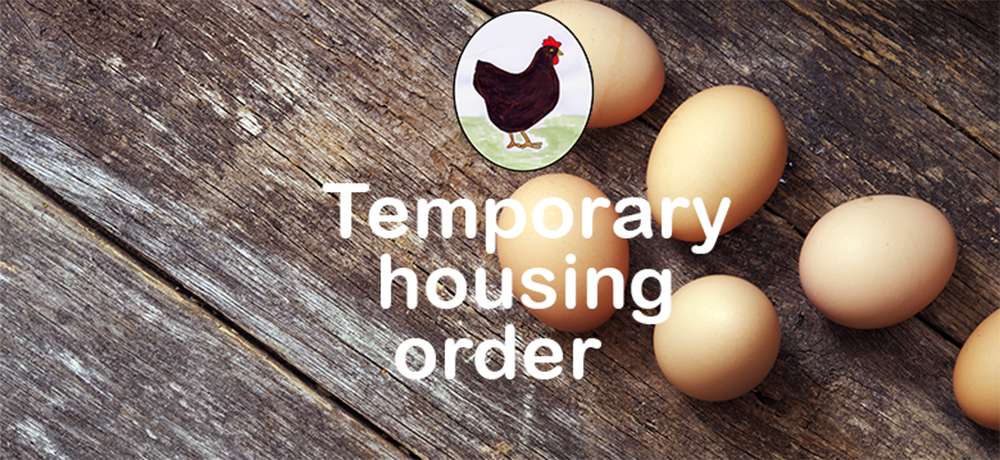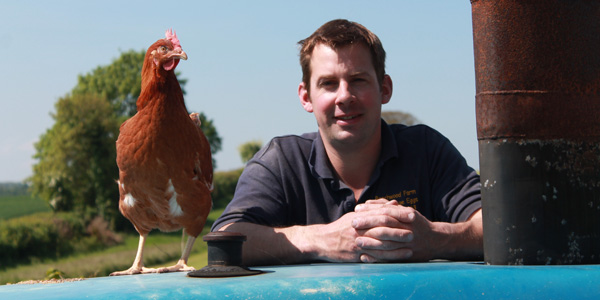Eggs
You may be aware of the current temporary requirement from the government for all farmers to keep birds being bred for meat and eggs indoors as a precaution against a strain of Avian flu. The government is trying to limit the spread to protect both wild and farmed birds by requiring keepers of birds to keep them inside away from wild birds.
Migratory wild birds coming to the UK are bringing the virus with them.
Avian flu poses no risk for consumers eating eggs. Eggs remain a perfectly safe to eat and, as always, have fantastic nutritional qualities.
With the heightened risk of contracting bird flu, which can kill a flock of hens very quickly, the government ordered all flocks to be kept inside on 6 December 2016.
As Free range egg farmers we would prefer our birds to be outside. However we will not risk the health of our birds. Animal welfare is a top priority for us and we will ensure that the highest standards of welfare are maintained while this housing order is in place. Although this means that our free range hens are being kept inside, the sheds have plenty of room for the birds to move around freely and include scratching and perching areas so birds can still display their natural instinctive behaviour.
We have also added additional stimulants like pumpkins and cabbages to keep the birds happy.
You will soon see some stickers appearing on our free range egg boxes – so this short article will tell you what’s going on.
After 28 February 2017, the eggs produced by birds that are still kept inside can no longer be called free range. This is because European regulations state that after 12 weeks of the birds being inside, they must be classed as ‘barn eggs’.
Barn eggs are produced by birds which stay inside for their whole life, but that are free to move about the shed as they please.
As it stands at the time of writing, all free range egg farmers in Wales and Scotland and most in England will be allowed to let their birds out again from 28 February 2017. Some farmers in these areas may still consider the risk too high and in consultation with their veterinary advisers, decide to keep their birds indoors
In England the Government has identified specific areas of the country that may carry higher risk, for example areas near large bodies of water, wild bird sanctuaries etc. Farmers in ‘Higher Risk Areas’ will not be allowed to let their birds out unless they put netting over the entire outside pasture area, which is not practical for the vast majority. Here at Beechwood we are within 3 miles of a Higher Risk Area and because of this we consider the risk to bird welfare to be too great to allow the birds outside at this time. Obviously the situation will be reviewed on a weekly basis in conjunction with advise from the Vets, the British Free Range Egg Producers Association and the Department of Agriculture. When it is safe to do so we will then return to normal free range practices.
For you, the shopper, this situation means that you will see stickers placed on egg boxes which explain that free range eggs will have been laid by birds kept inside temporarily for their own safety.
Stickers on eggs
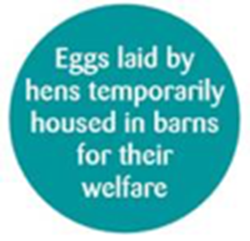
They will still taste great and will have been laid by birds who were allowed outside before 6 December, and that will be allowed outside again as soon as it is safe.
We really appreciate the support you give us all year round, and would like to thank you for your continuing support during what is a very difficult time.
If you have any questions, please do get in touch via our contact form

